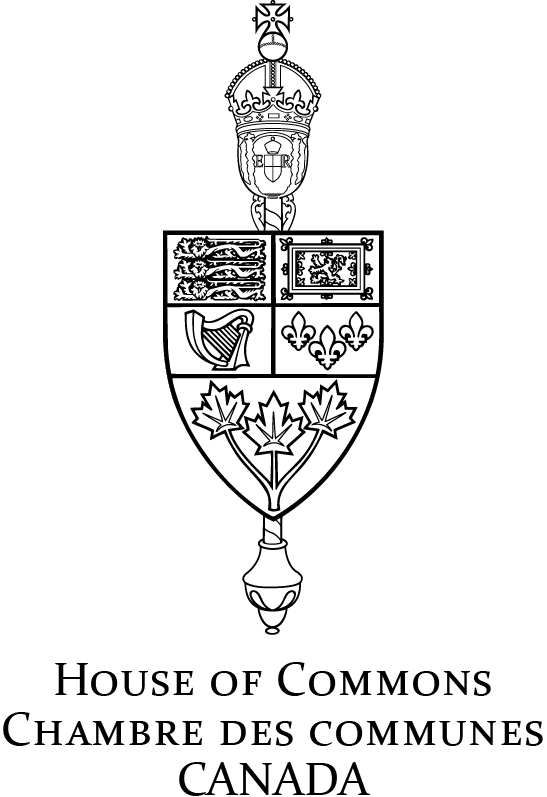ACVA Committee News Release
If you have any questions or comments regarding the accessibility of this publication, please contact us at accessible@parl.gc.ca.
Standing Committee on Veterans Affairs |  | Comité permanent des anciens combattants |
For immediate release
NEWS RELEASE
Veterans Affairs Committee Recommends Creating a Psychiatric Service Dog Program for Veterans
Ottawa, June 16, 2022 -
Today, Emmanuel Dubourg, Chair of the House of Commons Standing Committee on Veterans Affairs, tabled a report containing six recommendations aimed at promoting the use of service dogs for Veterans with mental health issues.
“Veterans have been waiting for quite some time for the government to recognize the value of service dogs,” said Mr. Dubourg. “Scientific studies have shown that service dogs help improve the quality of life of Veterans with mental health issues. However, incorporating service dogs into the Veterans Affairs Canada (VAC) Rehabilitation Program posed complex challenges in terms of jurisdiction, standards and definitions. That’s why I’m proud that the Committee has made constructive recommendations that will help incorporate service dogs into the range of options available to Veterans who may be experiencing mental health issues resulting from military service.”
To distinguish between a service dog and a companion dog, the Committee has defined the term “service dog” as “a dog whose skills and rigorous training contribute to the health and well-being of the person it is accompanying and have been certified by a provincial or territorial authority.” Some service dogs have been bred from birth and trained extensively to perform very specific tasks as part of a treatment plan developed by a physician. They are referred to as “psychiatric service dogs” in order to distinguish them from other service dogs that provide emotional support.
Close to 40,000 of the approximately 120,000 Veterans who are VAC clients received a mental health diagnosis. Of those 40,000, approximately 10,000 have severe enough symptoms to participate in a rehabilitation program that is coordinated by a case manager. With current treatment options, only one third of these Veterans can expect remission. That is why it is paramount to consider the possibility that service dogs can become a new treatment.
For Veterans with moderate symptoms, a comprehensive American study showed that a psychiatric service dog could alleviate their symptoms and reduce the number of interventions of a rehabilitation program. These results were not as clear in Veterans with an emotional support dog that had undergone less training. That is why the Committee is recommending that VAC introduce a pilot project that would incorporate psychiatric assistance dogs that have been rigorously trained into its rehabilitation program for Veterans with moderate symptoms of post traumatic stress.
It is not currently possible to identify programs or businesses that can guarantee that their dogs meet the requirements of a structured program for psychiatric service dogs. That is why it is imperative that the Government of Canada mandate a competent independent authority to establish an industry-wide standard. The Committee is recommending that this responsibility be given to the Canadian Foundation for Animal Assisted Support Services.
The Committee also recommends encouraging the harmonization of provincial and territorial norms in order to provide access privileges to housing, transportation and public buildings to service dogs whose owners are clients of VAC’s mental health rehabilitation program.
The Committee thanks the many witnesses and organizations that helped to clarify some of the difficult issues surrounding the use of service dogs for Veterans. We hope that this report fairly reflects their concerns and provides concrete solutions to help VAC implement all measures that could foster Veterans’ well-being.
The Committee would like to thank all those who contributed to this study.
The report is available online on the Committee’s website.
|